Your new shiny credit card just arrived in the mail! It’s your first ever credit card. Well, before you activate it, before you even open the envelope – please read this. A credit card is an exciting next step into adulthood, but your next moves are incredibly important. Many people get into credit card debt either from becoming overwhelmed by impulse purchases or from not understanding the terms of their card. So, take these steps to be prepared and make the most of your new card.
1. Read the Terms
Before you activate that card – it is your responsibility to read all the terms. You may have been attracted to an introductory term, but that is only an introductory term. In fact, that term could be revoked under certain conditions such as nonpayment. This is why it is important to read the terms of the account and card before use.
2. Make On Time Payments
Missing a payment on your credit card, even by a day, can negatively impact your credit score and put you in bad standing with the credit card company. Missed payments can lead to penalty rates, late fees, and interest accrual. This is the slippery slope that leads so many into credit card debt. Set a monthly calendar alert in your phone for the week or day before your payment is due. This ensures that even if you forget, you’re reminded.
3. Don’t Overspend
Think of your credit card as a credit building device, not a cash advance. Don’t spend money you don’t have in your checking account, and this will ensure you will always make the payments. You’re using your credit card to build a credit history of on time payments in the event that you need a high credit score for a mortgage or auto loan.
4. Keep your Balance Low
In a similar vein, if you are using your credit card as a credit building device, it is important to keep your balance low. This means, you should only be using a small percentage of your credit limit. If you utilize 99% of a card’s credit limit, this reflects poorly on your credit. Instead pay down your card quickly or only use it for key purchases.
5. Pay your Balance in Full
Many first-time credit card holders will see the “minimum payment due,” when they go to make a payment and opt for this to keep cash on hand. If you’ve followed the above steps, you should have cash on hand to pay off your balance. This is always the right way to go as carrying a balance leads to costly interest charges. These interest charges add up over time and this is often how people find themselves with a mountain of credit card debt.
For more tips on how to maintain your financial health, click here.




